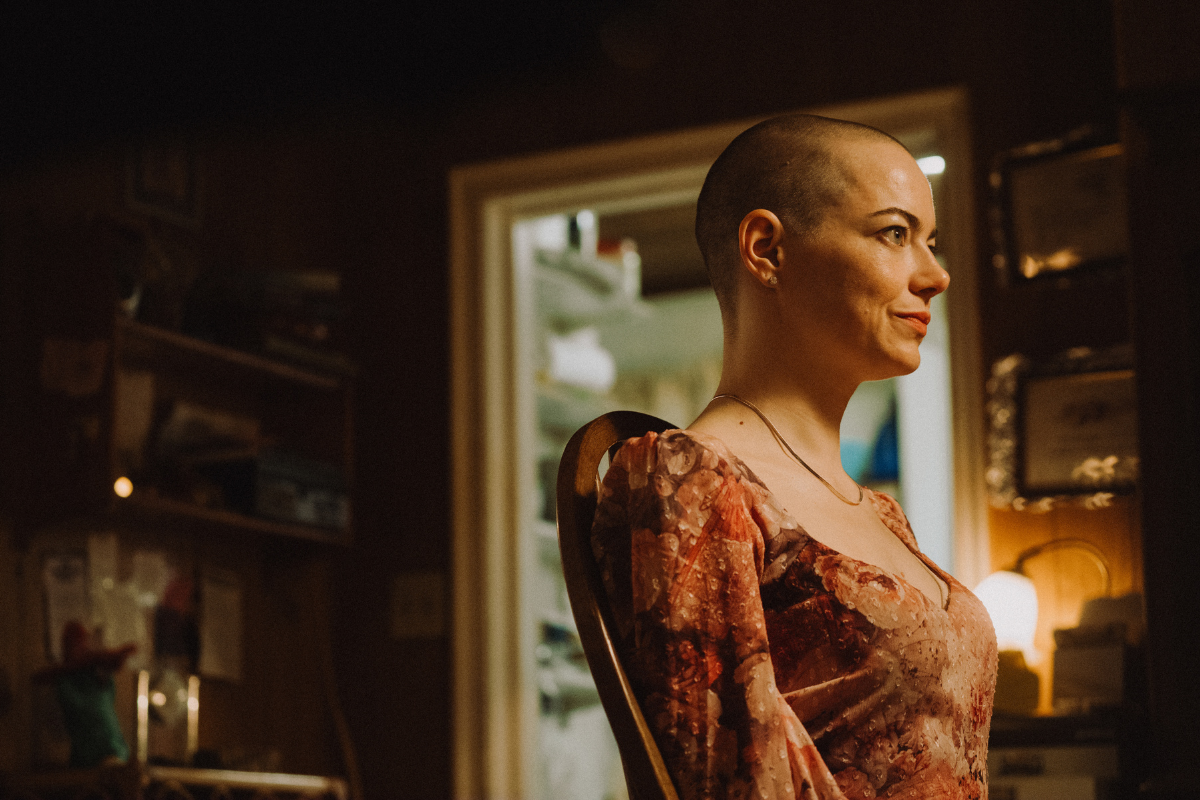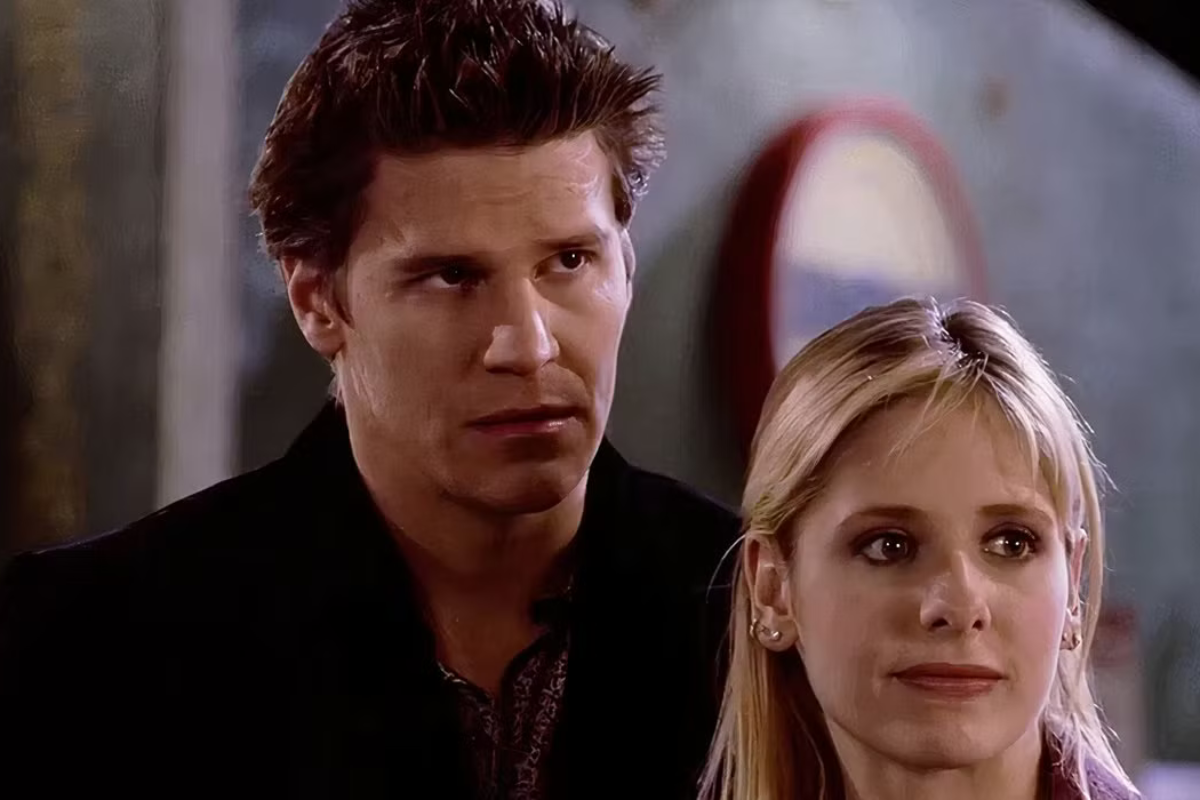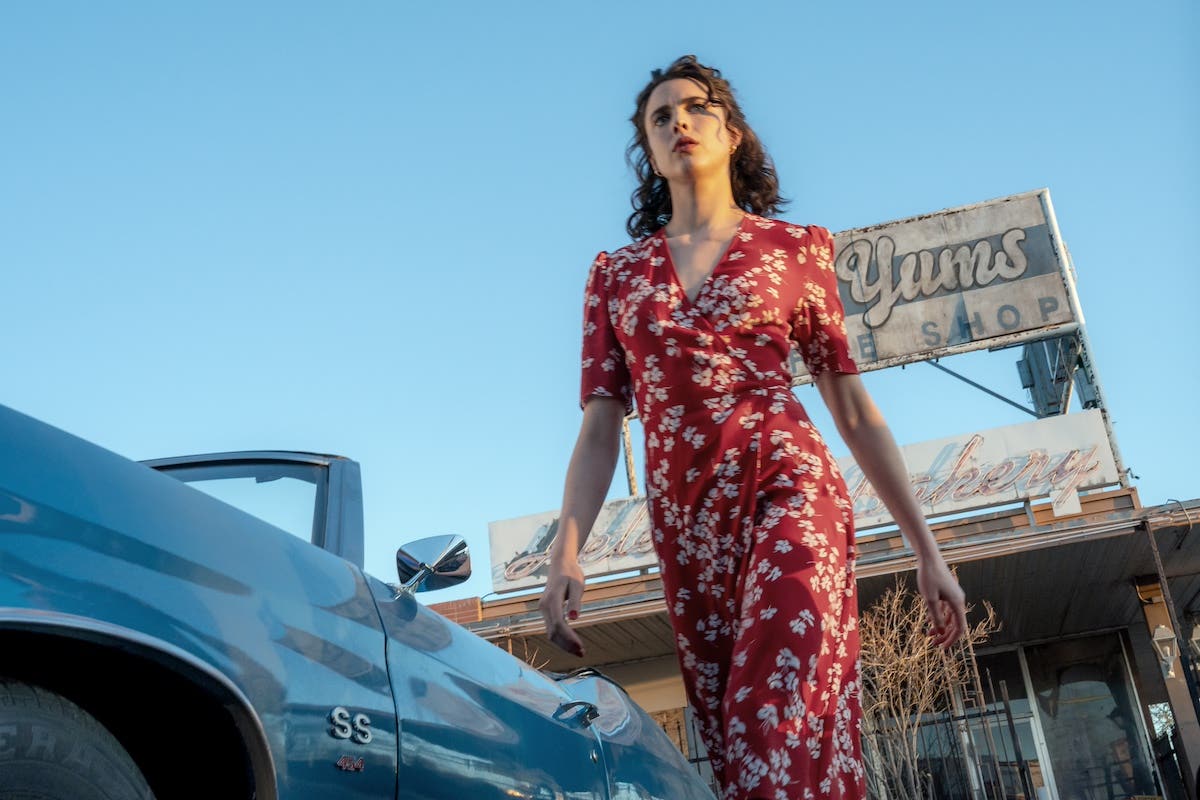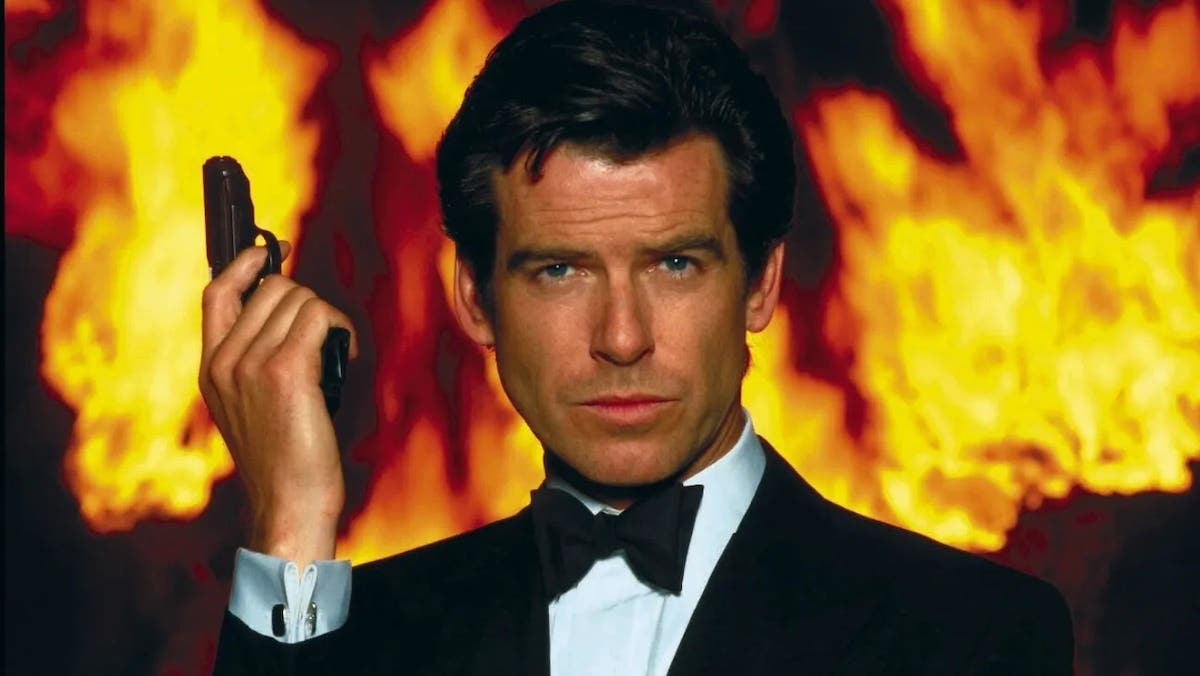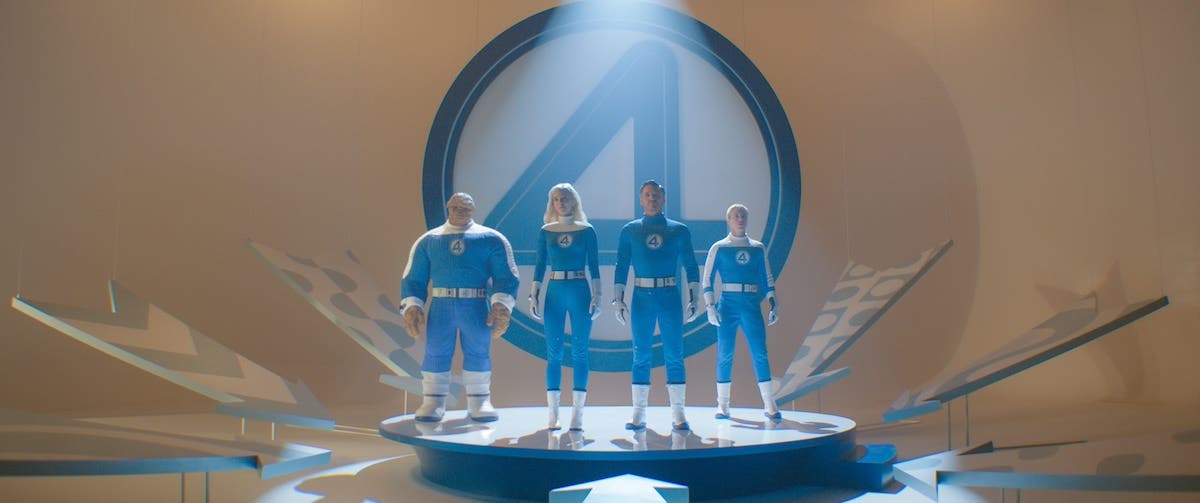Q&A: Parenthood Actor is a Triple Threat in Take Me Home
Says Take Me Home writer-director-star Sam Jaeger, “So often, as writers, we get into the structure of things, and it’s all well and good, but a lot of times it’s nice just to write passionately.” Find out what made him passionate about this homegrown, fest-winning project.
Actor Sam Jaeger was tired of waiting around for someone to greenlight his movie idea; so, he greenlit it himself. The star of the TV series Parenthood wrote, directed, and stared in Take Me Home, the independent romantic comedy about a fake taxi driver and an emotionally distraught woman (played by his wife, Amber Jaeger) who accidentally end up driving from New York to California after fate decides its time for the two to meet. The film has been featured in the Las Vegas Film Festival, the Nashville Film Festival, and the Brooklyn Film Festival. Script sat down with the Jaeger to talk about what it’s like to take a road trip across country with a handful of crew and his wife.
SCRIPT: Where did you get the idea for Take Me Home?
SAM JAEGER: Two things brought the idea about. One, I drove across country from New York to L.A., when I moved out here. At the time, Amber and I were dating and we needed to find a new place to live in New York. It was before you could go on Craigslist and find an apartment easily. It literally took me five months of picking up the Village Voice to look for our last place, so the prospect of moving again in New York was just unbearable. Then, my friend, Mike Hobert, who was a producer on Take Me Home called from L.A. and said, “I’m standing on a balcony, and I jumped into a pool today, and we have this spot and you can come out and stay with us if you want.” We packed up a Ryder truck and moved out West. Growing up in Ohio, we never flew anywhere. I only knew the Midwest and the East and, seeing the country and the expanse of it, I was struck by the beauty of our continent. And, it laid out into a really well-told story, I thought. The East Coast is the beginning of the story, and then by the time you’re in the Midwest, you learn more about the characters. Then a lot of the action comes in the Rockies, and the dénouement at the ocean. I [also] knew I had a great actress who happened to be living with me at the time, and she was my secret weapon. She was in love with me, and I could make her do anything. [Laughs.] And I did make her do a lot.
SCRIPT: Describe your writing process.
SAM JAEGER: I was in the middle of writing a musical with the composer of our movie, Jordan Beckett of Bootstraps. He actually won an award for best music for our film at the Nashville Film Festival. At the time, we were writing this grand independent musical, and I just wanted something that was a simple story, well-told. This was about seven years ago. I was shooting a movie in Halifax, Nova Scotia, and it occurred to me what this movie is. It’s about a guy who gets in a cab with a girl and goes across country. I went home that night and wrote the first 14 pages. I finished the first draft in three months. I’ve known my wife since ’95, and I knew I could write a strong woman who was demanding and likable, so I started with the scenario and took it from there. So often, as writers, we get into the structure of things, and it’s all well and good, but a lot of times it’s nice just to write passionately. Writing those first 14 pages was cathartic. After years of beating myself up about every little thing, I had fun writing the beginning of this movie. A lot of that dialogue is still in there. The idea is there -- a woman hops into the car and screams at the cab driver to just drive.
SCRIPT: How did you get into writing?
SAM JAEGER: I was the youngest of four, and my parents had given up on restricting their kids in any way. I put restrictions on myself. Being an actor means finding ways of coping with rejection over and over. One of my ways of coping is writing. It’s the only art form besides painting where you don’t need another art form to communicate it. A script can be. You can fill it with your imagination. While I love acting, it can seem limiting. Your career is based on the material you are given. I was auditioning at the time for a lot of material, and it’s tough when you have to go into a room and make people laugh with material that didn’t make you laugh. I wanted to go into audition rooms, and ask, “Could you guys tell me a joke? Then, I’ll try to make this funny for you.” I wanted to say, “I spent 35 minutes reading your script, and I didn’t laugh once.” It’s nothing against the writer. I think people who make the decisions in this business sometimes make safe comedy. There’s a reason Arrested Development only lasted three years; it’s pretty intelligent wit.
SCRIPT: What’s it like on set? How did you balance being the writer, director, and actor?
SAM JAEGER: What I love is the fact that I could change anything along the way. A perfect example of that is -- and writers probably understand this -- the old belief that writers put everything into their work for someone else to come along and destroy. But, I always just wanted to be a filmmaker, never just an actor or writer. I want to be surrounded by the collaborative art of filmmaking. I started making movies with the editor of Eastbound & Down, Jeff Seibenick. We went to high school together, and we made movies on VHS. We put them in the local video store. We were real auteurs, if you know what I mean. We took our shit seriously. But Jeff would just yell something out to do, and we’d change things as we did them. Whatever was the best way to tell this story, that’s how we did it. I feel like, especially with indie filmmaking, you can’t be precious when nobody is getting paid. You can’t say, “I’m sorry guys, it has to be a green vase, it can’t be anything but a green vase.”
A good example of not being precious was when we were out in the desert, there’s a scene where the taxi gets pulled into the mechanic’s office. We were in the middle of Utah, and we were a day behind schedule, but I realized I didn’t like the writing of that scene. It didn’t communicate enough about what Claire feels about her father. So, I said to the crew, “I just want to shoot the backs of us, and when we shoot the rest of this movie, we’re gonna find a location and shoot the front, with the dialogue.” So, we had the background of the desert, and by the time we shot the front, which was a year later, I finally figured out what that scene should be.
SCRIPT: What’s next for you?
SAM JAEGER: The next movie I’m doing is a comedy with a bit of magical realism. I’m gonna try to limit the amount of responsibility I have so I can blame other people on any mistakes I make. [Laughs.] I did Take Me Home, because I could step in front of the camera. And, I think you should really be invested in your first film. Hollywood often tells one story, and it’s often about itself. Growing up in the Midwest, there is a whole wealth of great stories there. There are other things happening that didn’t take place in New York or Los Angeles. And, there’s an audience for those films. Hopefully, I’ll show that in my next film. I have benefited a lot from the show I’m on, Parenthood. Jason Katims, the creator, and the writing staff write the show in a way that they trust the actors are going to say their dialogue in the best way possible.
SCRIPT: What’s your advice to aspiring screenwriters?
SAM JAEGER: What’s worked for me is finding a passionate team to surround myself with, great writers, songwriters, actors, and going out and trying to make something. I made Take Me Home using myself as the main conduit to get everything done. You can’t wait around for other people to make your dreams happen. I recently collaborated with a friend of mine on writing, and I thought "I’m gonna do this but it’s gonna be his piece," and eventually it fell by the wayside. That was a lesson. If I’m not the catalyst, then I can’t be upset if it doesn’t happen. Write something, trust a small group of people with it, and go out and make it.



